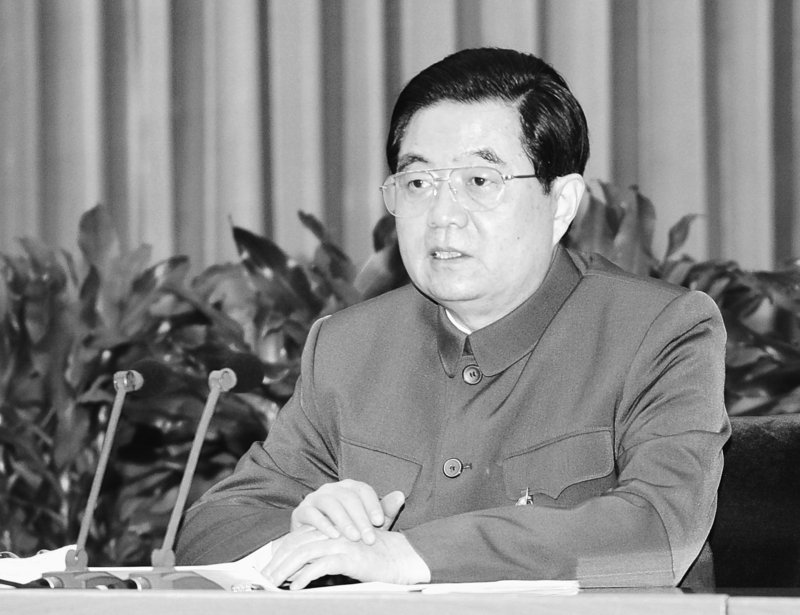BEIJING — China announced Thursday that President Hu Jintao will attend a nuclear security summit this month in Washington, in what analysts said was a sign that the government is trying to put relations with the United States back on track after months of tension.
Whether Hu would attend the April 12-13 summit had remained a mystery, with many speculating that China would dispatch a lower-level delegation to show its displeasure with Washington over a $6.4 billion arms sale to Taiwan and President Obama’s meeting with the Dalai Lama.
Kenneth Lieberthal, a China expert with the Brookings Institution in Washington, called the decision “a very welcome move.”
“China in the last couple of years has become a global player and not just a regional player,” Lieberthal said. Skipping the summit of 40 nations in Washington, he said, would have meant that China was “substituting a bilateral concern for what should have been a multilateral decision” and that Beijing is now demonstrating it can separate the two.
China’s official media seemed to be making much the same point. An article by the state-run New China News Agency, reporting on the announcement, said, “China’s summit diplomacy is conducive to displaying an image of a responsible big country.”
Without mentioning tensions with the United States, the article said that multilateral diplomacy “assumes a special role, and becomes an irreplaceable platform for addressing global problems.”
The decision also would appear to put pressure on the U.S. Treasury Department not to declare China as a currency manipulator in a report due April 15, just two days after Hu’s visit. For Hu to visit, Chinese officials would likely have wanted assurances that he would not be embarrassed by the report on the heels of his visit, China experts said.
It is uncertain whether Hu will have any one-on-one session with Obama on the sidelines of the nuclear summit, with so many world leaders in attendance. But his brief visit could presage an official trip later this summer, which would be a reciprocal trip after Obama visited China last November.
Foreign Ministry spokesman Qin Gang said that after the summit, Hu will travel to Brasilia for a meeting of the leaders of China, India and Brazil.
The Obama administration came to office hoping to forge a closer working relationship with China across a broad range of international issues, including dealing with nuclear programs in Iran and North Korea, helping forge an international agreement to combat climate change and finding ways to jointly bolster the global economy after the financial meltdown of 2008.
But the attempts to make China a partner on global issues soon collided with some perennial bilateral sticking points that have long defined the relationship between the two powers, including the U.S. weapons sale to Taiwan, which China considers a renegade province, and Obama’s meeting with the Dalai Lama in February.
Copy the Story Link
Send questions/comments to the editors.



Success. Please wait for the page to reload. If the page does not reload within 5 seconds, please refresh the page.
Enter your email and password to access comments.
Hi, to comment on stories you must . This profile is in addition to your subscription and website login.
Already have a commenting profile? .
Invalid username/password.
Please check your email to confirm and complete your registration.
Only subscribers are eligible to post comments. Please subscribe or login first for digital access. Here’s why.
Use the form below to reset your password. When you've submitted your account email, we will send an email with a reset code.